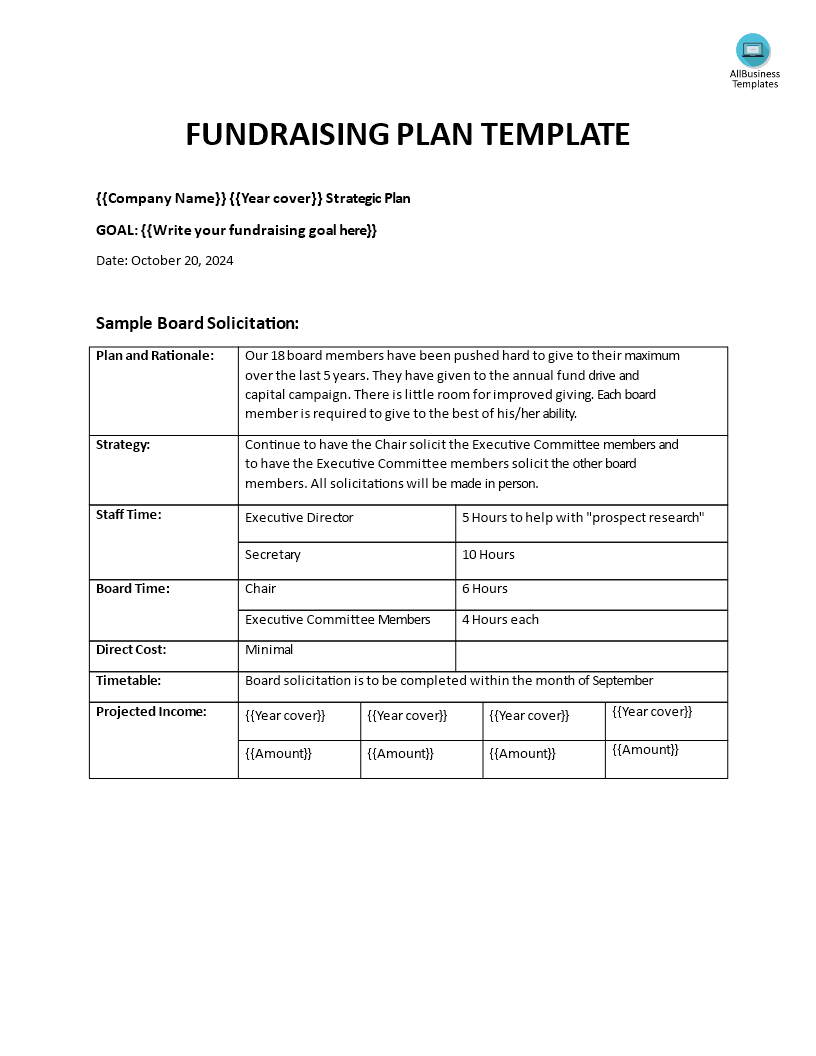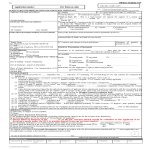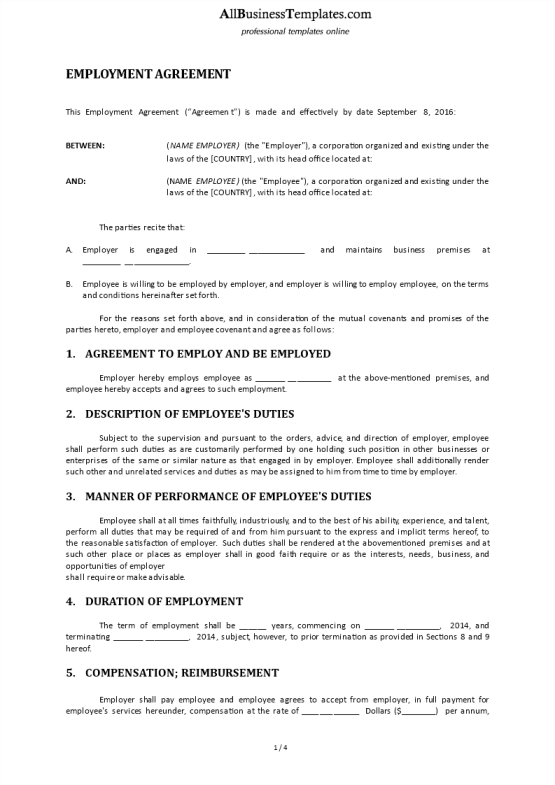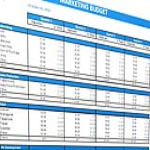Sample Fundraising Plan

Opslaan, invullen, afdrukken, klaar!
How to Format a Successful Fundraising Plan? Download our Fundraising Plan Template today to streamline your event planning process!
Beschikbare bestandsformaten:
.docx- Gevalideerd door een professional
- 100% aanpasbaar
- Taal: English
- Digitale download (31.54 kB)
- Na betaling ontvangt u direct de download link
- We raden aan dit bestand op uw computer te downloaden.
Financiën lay out fundraiser
How to Format a Successful Fundraising Plan?
Creating a comprehensive fundraising plan is key to the success of any nonprofit event. This document not only sets your financial goals but also lays out the strategy, timeline, and resources needed to achieve them. When writing your Fundraiser Event Plan, ensure you cover the following aspects to stay organized and on track:
Key Sections to Include:
- Goal: Clearly state the financial goal for the fundraiser. This should align with your organization’s mission and the specific purpose of the event. What is the total amount of funds you aim to raise?
- Event Description: Provide a detailed plan of the event. Include the purpose, target audience, and type of event (e.g., gala, auction, online campaign). What is the event, and how does it connect to your overall fundraising strategy?
- Strategy: Outline how you will execute the event. Consider marketing approaches, solicitation efforts, and volunteer or staff involvement. What steps will you take to reach your fundraising goal? What platforms, resources, and people will you engage?
- Target Donor Group: Identify your primary audience for the fundraiser, such as individual donors, corporate sponsors, or local businesses. Who are the primary donors, and how will you engage them?
- Volunteer and Staff Roles: Assign responsibilities to staff members, volunteers, and board members. Specify their tasks and the time commitment required. Who is responsible for what tasks, and how many hours will be needed?
- Budget: Break down the event's expenses, including venue costs, catering, marketing, entertainment, and any other costs that may arise. Include an estimated income and cost projections. What are the estimated expenses, and how will they impact your fundraising goal?
- Timeline: Set up a timetable for event planning. This should include deadlines for key activities, such as sponsorship solicitation, ticket sales, marketing launch, and the event day. What are the critical milestones, and when do they need to be completed?
- Donor Stewardship: Include a plan for following up with donors after the event to ensure continued engagement. How will you thank your donors and keep them engaged for future events?
- Key Performance Indicators (KPIs): Outline the metrics you’ll track to measure the success of the event, such as the total funds raised, new donor acquisition, and donor retention rate. What metrics will define the success of this fundraising event?
By answering these questions and including these elements in your fundraising plan, you can create a clear roadmap for success, ensuring that your event reaches its full potential.
Download our Fundraising Plan Template today to streamline your event planning process!
DISCLAIMER
Hoewel all content met de grootste zorg is gecreërd, kan niets op deze pagina direct worden aangenomen als juridisch advies, noch is er een advocaat-client relatie van toepassing.
Laat een antwoord achter. Als u nog vragen of opmerkingen hebt, kunt u deze hieronder plaatsen.



